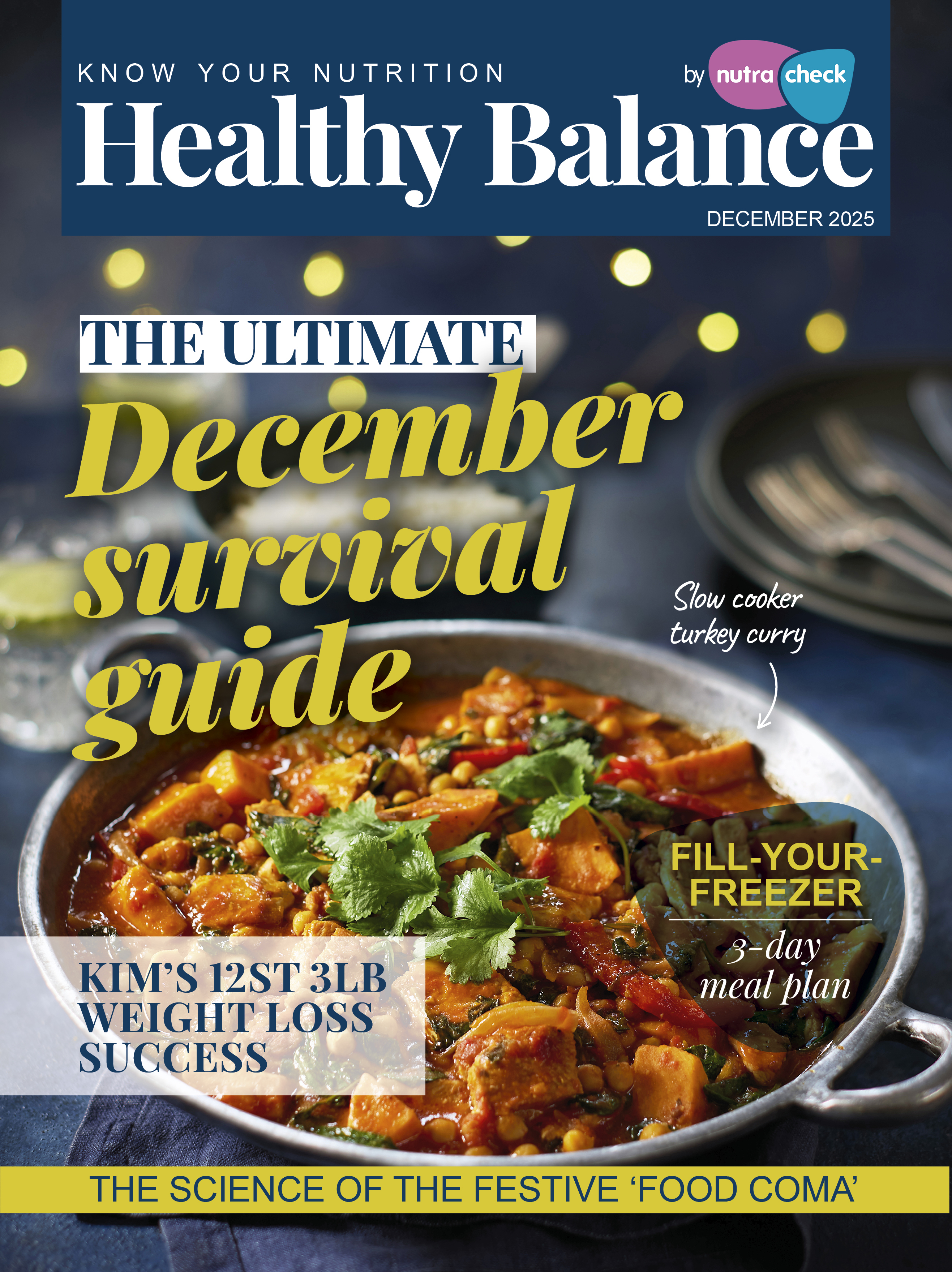Focus on: legumes, nuts & seeds
Beth Furness - Assistant Nutritionist
As part of the Focus on Fibre Challenge, we're taking a deeper look at the best sources of fibre in our diets. This week, our focus is legumes, nuts & seeds.
What are legumes?
Botanically speaking, legumes are the fruit or seed of plants belonging to the Fabaceae family. The legume family includes beans, peas, lentils, soybeans and, interestingly, peanuts (not technically a nut!). Legumes aren't just fantastic for our health, but they're also very budget-friendly and extremely versatile in cooking. Add them to soups, salads, curries, stews, Bolognese, pies, burgers and even baking!
What about nuts & seeds?
Nuts and seeds are similar to legumes. Nuts refer to a seed enclosed by a shell and a fruit – these 'fruits' are different to what we would classically think of as a fruit, as they do not open up and release their seed. Seeds, as you'd expect by the name, are just the pure plant seed in its most 'naked' form.
Under the culinary definition of nuts, we can find:
- Cashews
- Hazelnuts
- Brazil nuts
- Almonds
- Macadamia nuts
- Pine nuts
- Walnuts
- Pecans
- Pistachios
Common edible seeds include:
- Pumpkin seeds
- Sesame seeds
- Poppy seeds
- Sunflower seeds
- Chia seeds
- Flax seeds
Why are they good for us?
Legumes, nuts and seeds are packed with everything a new plant needs to grow and develop, so naturally, they're full to the brim with nutrients.
Legumes are an excellent source of protein, low-GL carbohydrates and a host of micronutrients including folate, iron, magnesium, potassium, phosphorus and zinc. They're also low in fat, meaning they're great on the calorie front in you're looking to lose weight.
Like legumes, nuts and seeds are also powerhouses of nutrition. Nuts and seeds are rich in unsaturated fats, which help maintain healthy cholesterol levels and improve our absorption of fat-soluble vitamins. The levels of nutrients such as protein, folate, vitamin E, omega-3s, zinc, copper, calcium, iron, phosphorus and selenium vary between each nut and seed variety, so it's best to include a mixture in your diet.
And crucially for this challenge, all legumes, nuts and seeds are rich in fibre. Which is good news for our heart and gut health!

Nutritionist Beth Furness (ANutr), holding a BSc in Nutrition and Health, is deeply dedicated to applying evidence-based knowledge to all aspects of nutrition. Her passion lies in fostering healthy relationships with food, ensuring that everyone maintains a balanced and sustainable approach to nutrition.











